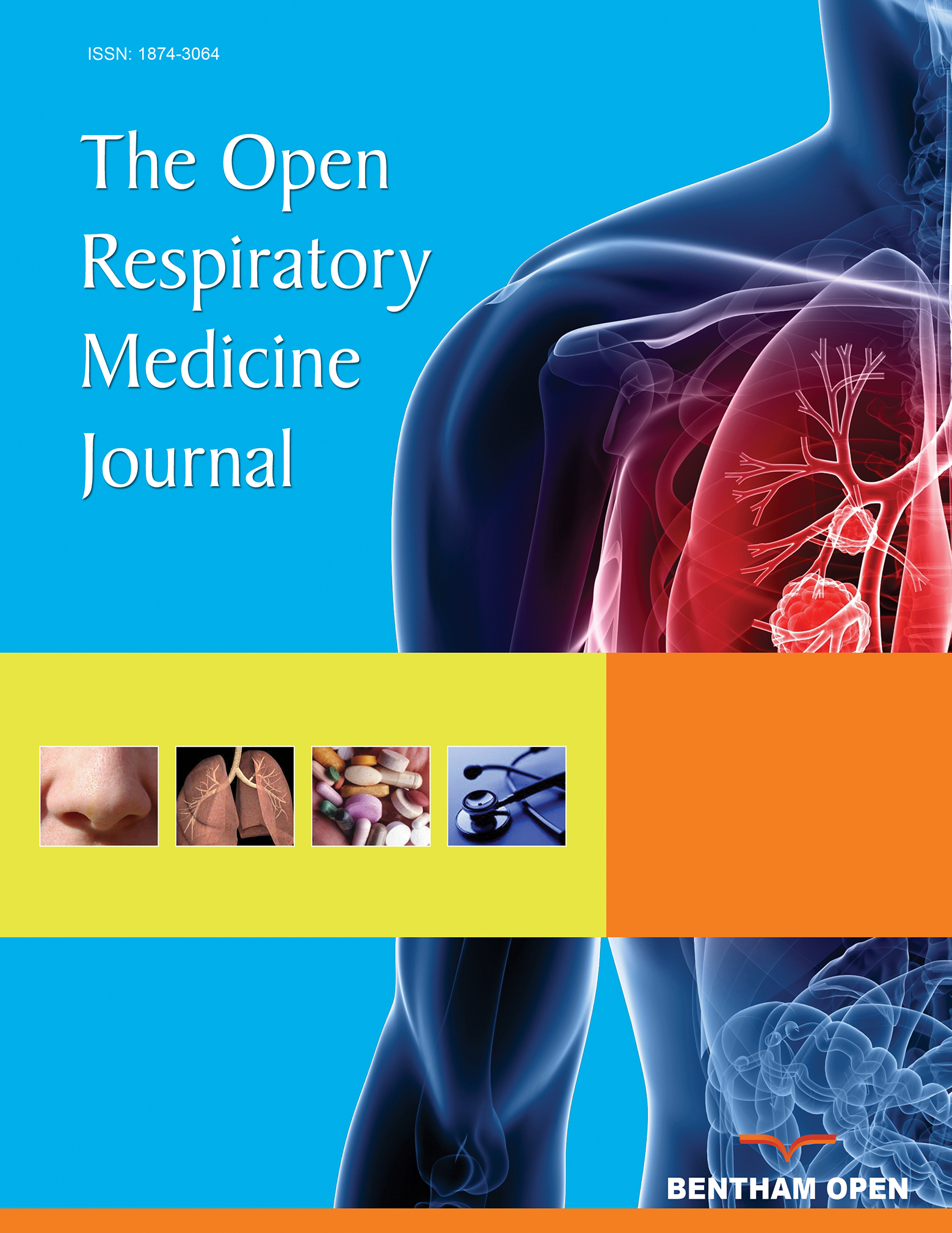All published articles of this journal are available on ScienceDirect.
Evidence-based Practice Interventions for Reducing Postoperative Pulmonary Complications: A Narrative Review
Abstract
Background:
Specific surgical procedures, such as upper abdominal and thoracic surgery, are connected to an increased predisposition of postoperative pulmonary complications (PPCs). The incidence of PPCs could vary approximately between 20-90% with upper abdominal surgery, which can be minimized by using treatment procedures that increase lung capacity and encourage inspiration. This review aims to examine the effectiveness of already existing evidence-based interventions that promote lung expansion, thereby preventing PPCs.
Method:
We mainly focused on the existing evidence of preoperative education on the incentive spirometer, early mobilization, directed coughing, deep breathing exercises, chest physiotherapy, and inspiratory muscle training (IMT) to prevent PPCs. The literature search was limited to experimental, observational studies, systemic reviews, and articles published in the last 15 years, January 2007- Dec. 2022, in PubMed and Google Scholar.
Result:
This initial search yielded a total of 5301 articles. All articles with titles not related to the topic were eliminated. 1050 records were screened, and the final review was conducted with 22 articles, including 13 randomized controlled trials (RCTs), four systemic reviews, one retrospective review, three observational studies, and one non-experimental study. Our review reveals mixed evidence for individual interventions, including but not limited to incentive spirometry, inspiratory muscle training, early mobilization, cough, deep breathing, etc. Some studies maintain that intervention is effective; others imply there is no substantial difference in the choice of intervention.
Conclusion:
The literature review concluded that patients who received multiple interventions showed significant improvement in pulmonary function postoperatively. However, definitive studies need to be conducted to solidify this conclusion.


